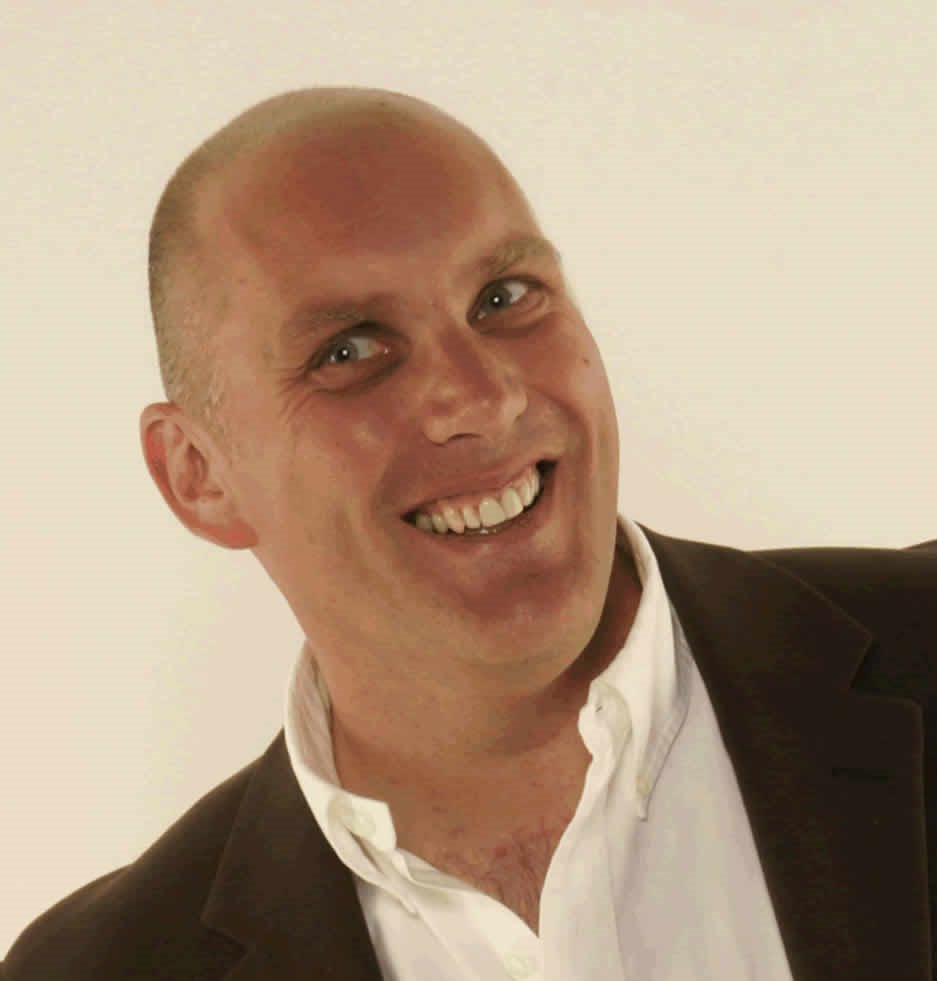Sunday, 30 September 2007
Fixing our broken society
When the Conservatives speak of the UK's broken society and how social responsibility is the answer, I tend to agree. But, we must also commit detail and policy examples to these soundbites. For example, there can be no doubt that our society is starting to come apart when violent crime has more than doubled since 1997, which includes gun crime also doubling in the same time. Almost 450,000 more crimes were committed in 2005-06 than in 1998-99 - but just one in four crimes were cleared up by police.
Signs that our society is failing are manifesting themselves in other ways as well. Family breakdown is all too common, social mobility is falling, education is not tailored enough to certain children's needs. For example, why not reform the system to create three tiers of colleges - science-based, arts-based and vocationally-based. That way our children can enjoy self-selection instead of being selected by local education authorities which may neglect individual needs.
To address the problem of crime and antisocial behaviour, we need a two-pronged strategy: judicial punishment and rehabilitation programmes. The former means more police on the streets, more funding for PCSOs, and a system where paperwork and bureaucracy is cut back so the police can actually get on with protecting our communities. After all, statistics show that a police officer only spends an average of 40% of their time on the beat nowadays due to unreasonable amounts of paperwork and hoops to jump through.
Rehabilitation, meanwhile, is more complicated, yet much more rewarding in the long term. We need to really integrate community leaders with those that cause the most trouble, whilst realising that many young drug addicts have a medical condition which must be treated with compassion and with commitment on both sides. Jail is not the only answer, it works hand-in-hand with other forms of treatment.
But how do we reverse the mindsets of thousands and thousands of children who have grown up in a climate of fear and uncertainty? We need to reach out to inner cities and to areas where family breakdown is rife, by launching comprehensive and individually-tailored educational programmes. We need to offer incentives for those who may not be academic, but those who would nonetheless flourish in more vocational professions. All of these activities need to be led by strong leadership figures - perhaps even directly-elected mayors - and more social workers and community leaders, funded by increasing deregulation and sharing the proceeds of growth.
This issue spans decades, not elections. We now need the chance to enact our array of compassionate and comprehensive policies. This is the most important issue facing politicians today - without a society for the future, nothing else can come to true fruition.
Thursday, 20 September 2007
Civic honour for former Bournemouth councillor
Last week I was one of the few Conservative Councillors who voted in favour of ex councillor Adrian Fudge being made an Alderman of the town. For me the situation is very simple. While I may have disagreed fundamentally with Adrian over his policies and more particularly over those issues effecting the ward for which we were both councillors, Littledown and Iford, I could not fault his commitment to the role of councillor either in terms of time or energy. I believe it’s necessary to divide the personal from the political and that is why I voted the way I did and will do so again if the matter comes before the Council.
While I was disappointed that a majority of my colleagues did not see the situation in the same way, I was more disappointed by the fact that opposition members chose to boycott the subsequent Council meeting after the vote had been taken. We are all elected to represent the residents of our wards. They expect us to carry out the role to which they elected us and for which we are paid. What more fundamental duty is there than to attend a meeting of the full Council? The vote was, after all, democratic. I may not have liked the result any more than my Lib Dem and Independent colleagues, however by choosing to leave the chamber they left their electorates disenfranchised and failed fundamentally in their duty to the people who elected them.
There are far more important issues facing the town than whether an ex councillor is made an Alderman. We politicians are left in a poor light by the affair and I would urge my colleagues of all parties to draw a line under it and move on to concentrate on the important issues they were elected to address.





